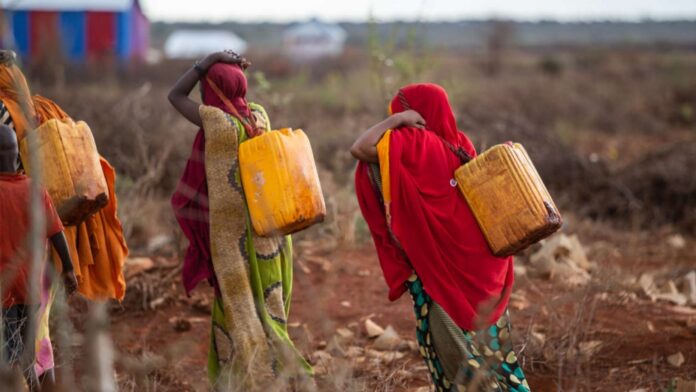The ongoing drought and rising insecurity forced Rukia Yaarow Ali to leave her home in Somalia, to seek refuge in Daadab refugee complex in northern Kenya.
Africa is increasingly feeling the effects of climate change, with the most vulnerable populations being hit the hardest, resulting in food insecurity, displacement of populations, and water resource stress.
The rising temperatures and sea levels, shifting precipitation patterns, and increasingly severe weather in Africa are endangering human health and safety, as well as the security of food and water, and the region’s socio-economic development, reports United Nations Climate Change.
As the world grapples with the looming threat of the climate crisis, it is crucial that all voices are heard and included in the conversation. Unfortunately, this is not always the case, as certain groups are systematically excluded from the discussion table. While the effects of climate change are felt by all, the marginalised communities who are disproportionately affected by the crisis are often left out of the conversation.



